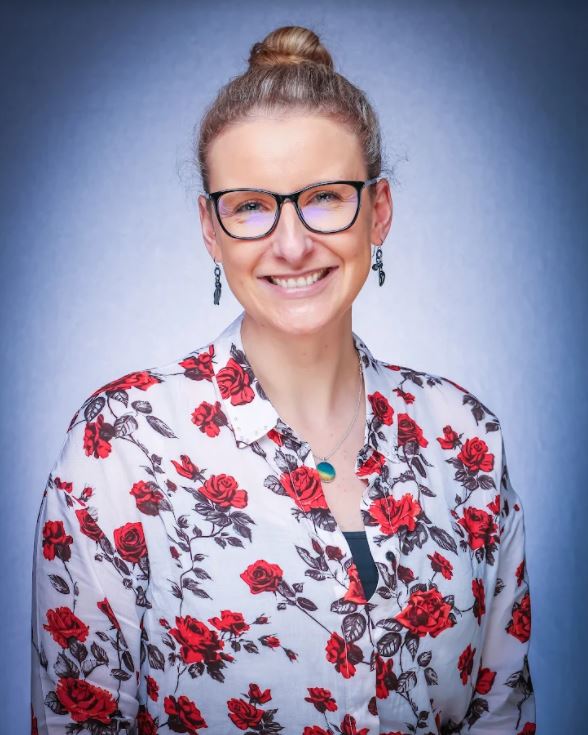My ATS experience: Sally Richards
What motivated you to undertake Advanced Teacher Status (ATS)?
Having moved into the Further Education sector in 2019, I gained the privilege of a supportive environment in which to focus on my personal and professional development. ATS came up as an opportunity to engage in Master’s level study and develop my practice within my subject and in my teaching more broadly. I had been looking into the prospect of starting a Master’s in Education over the last few years, so I thought that ATS would be a good stepping stone and an opportunity to challenge myself academically and practically.

Can you tell us more about the research project that you undertook as part of ATS?
I experimented with the use of interleaving in the GCSE English Language curriculum, as my previous experience of interleaving had consisted of English language and literature, but not language only.
I researched the process of interleaving combined with retrieval practice, which led me to consider the different ways of interleaving the curriculum. This allowed me to research the curriculum and assessment methods within my subject and develop my teaching as it focused on working memory and long-term memory.
The practical application of this research came in the form of interleaving reading and writing skills throughout a term of study. This was made more complicated by the pandemic as teaching moved online, but it developed my understanding of blended learning and EdTech. I now interleave reading and writing skills for all students in every term of the year to continue my research and develop my findings.
How did you find the ATS process?
The ATS process was challenging and enjoyable. As it lasted a full calendar year it was interesting to complete the different phases of the process throughout the trials of the academic year.
I particularly enjoyed the focus on CPD and professional reading as this allowed me to explore available CPD opportunities and engage with up-to-date writing and research in education. The quality improvement project and benefits of technology report were great opportunities to write at Master’s level and explore concepts that were relevant and interesting to me.
I found the critical evaluation challenging as criticality was not something I had engaged with for a few years, but it really helped to prepare me for my upcoming Master’s study.
What impact has ATS had on your role and your organisation?
ATS has improved my confidence in my roles as a teacher and as a Teaching, Learning and Assessment Coach, in which I deliver CPD to the staff body. I have used my knowledge of current education debate and discussion to encourage staff to participate, and I have used my research as grounding for my delivery of CPD sessions.
I have been able to share the results of my project and benefits of technology report with my colleagues, which has strengthened our department.
How has your teaching practice changed as a result of ATS?
My teaching practice has changed because I am more reflective and critical. Being reflective on a regular basis allows me to improve my teaching from week to week. The critical way in which I can now read allows me to choose the most appropriate strategies and ideas for my students.
Do you have any advice to anyone considering undertaking ATS?
- Be organised – the October to December half term will go by with only a few preparatory tasks to complete, but you should begin planning your project and doing the reading so that you are ready to implement the project in January.
- Research criticality and master’s level writing if you are not familiar with these – the Open University has loads of great courses and information to help.
- Choose a good mentor: someone who will support, challenge, and encourage you.
Finally, please can you tell us a fun fact about yourself?
I am an avid reader outside of work.

